UL 2271 Certification: Ensuring Safe Lithium Batteries for Light Electric Vehicles
UL 2271 Certification: A Safety Standard for Modern Mobility
The popularity of light electric vehicles (LEVs) such as e-bikes and scooters has surged in cities worldwide. With this growth comes an urgent need for reliable and safe batteries. UL 2271 certification provides a trusted benchmark, ensuring lithium-ion batteries used in LEVs are tested for safety, reliability, and durability.
At Sunlith Energy, we understand that safety is not optional—it is the foundation of innovation in clean mobility. That is why UL 2271 plays a vital role in our approach to powering the next generation of transport solutions.
What is UL 2271?
UL 2271 is a standard developed by UL Solutions, titled “Batteries for Use in Light Electric Vehicle Applications.” It applies to rechargeable lithium-ion batteries and battery packs designed for vehicles like:
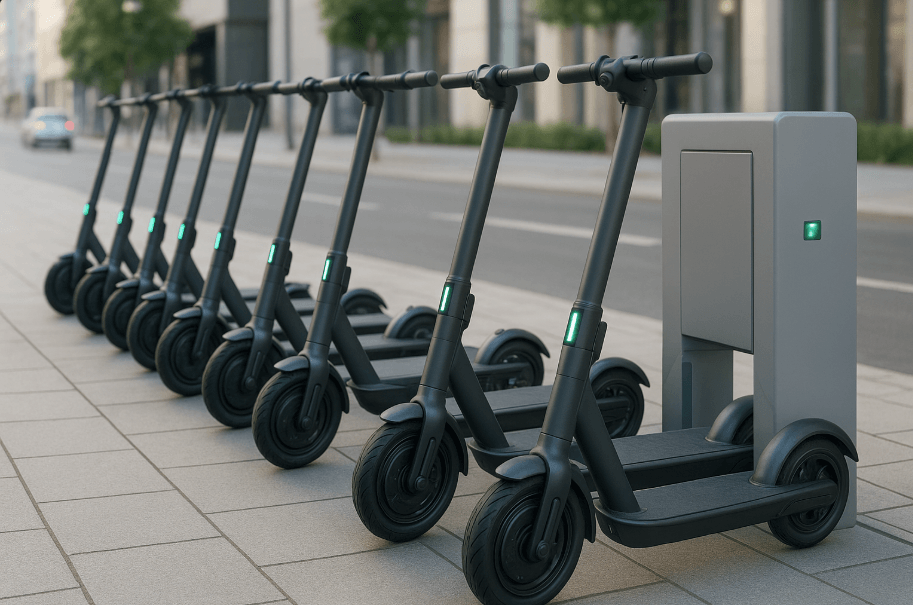
- Electric bicycles (e-bikes)
- Electric scooters
- Utility carts and campus shuttles
- Personal mobility devices
This certification addresses risks such as fire, thermal runaway, and electrical failure, giving users peace of mind while adopting electric transport.
Why UL 2271 Matters for LEVs
Lithium-ion batteries can fail under stress or misuse, sometimes causing dangerous incidents. UL 2271 reduces these risks through rigorous testing and quality checks. The benefits extend across the ecosystem:
- For Consumers – Safer rides with fewer risks of overheating or fires.
- For Manufacturers – Compliance that strengthens brand trust and accelerates market approval.
- For Regulators – A standardized approach to evaluating battery safety. Agencies such as the U.S. Consumer Product Safety Commission (CPSC) reference UL certifications when assessing risks.
- For Fleet Operators – Fewer breakdowns, lower insurance risks, and higher uptime.
By aligning with UL 2271, manufacturers demonstrate a commitment to safety and long-term reliability.
Core Testing Areas in UL 2271
The certification process is extensive, covering every aspect of battery behavior:
Electrical Performance
- Overcharge and discharge protection
- Short-circuit resistance
- Abnormal charging safety
Mechanical Safety
- Crush resistance
- Drop impact testing
- Vibration endurance
Environmental Conditions
- Temperature cycling (hot and cold)
- Humidity and corrosion exposure
- Thermal stability
Abuse Scenarios
- Nail penetration
- Fire exposure
- Forced discharge tests
These simulations ensure that batteries are safe not only under normal use but also in extreme and unexpected conditions.
Where UL 2271 Certified Batteries Are Used
Certified batteries can be found across a variety of mobility applications:
- Micromobility fleets – Shared e-scooters and bikes in urban environments
- Logistics and delivery – Small electric utility vehicles for last-mile transport
- Campus and industrial transport – Electric carts in universities, resorts, and warehouses
- Personal recreation – Electric skateboards, hoverboards, and other small vehicles
As cities embrace greener mobility, UL 2271 ensures these devices meet the highest standards of safety.
How UL 2271 Compares to Other Standards
Different UL standards apply to batteries depending on their use case. Here’s how UL 2271 fits into the bigger picture:
| Standard | Application | Key Difference |
|---|---|---|
| UL 1642 certification | Individual lithium-ion cells | Evaluates cell safety, not packs |
| UL 2054 | Consumer battery packs | Broader scope for electronics |
| UL 2271 | LEV battery packs | Designed specifically for mobility |
| UL 2580 | EV battery packs | Applied to full-size electric vehicles |
This distinction makes UL 2271 the go-to certification for smaller mobility solutions, bridging the gap between consumer electronics and large electric vehicles.
Benefits for Manufacturers
For companies producing batteries and light mobility systems, UL 2271 certification unlocks significant advantages:
- Global Market Access – Many import and sales channels require UL approval.
- Consumer Trust – Certified products carry the UL mark, a symbol of safety.
- Fewer Recalls – Certified designs lower the risk of costly failures.
- Brand Differentiation – Compliance shows leadership in product responsibility.
At Sunlith Energy, we believe certification is not only about meeting regulations but also about earning customer confidence.
Global Adoption of UL 2271
Though it originates in the United States, UL2271 is recognized worldwide. European markets, as well as regions in Asia-Pacific, increasingly request UL-certified products. Organizations like the European Committee for Electrotechnical Standardization (CENELEC) often align their safety requirements with UL or IEC standards such as IEC 62133.
Challenges in Certification
Adopting UL 2271 isn’t without hurdles:
- Testing and approval costs can be high.
- Certification takes time, which may affect product launches.
- Standards evolve as technology advances, requiring ongoing compliance updates.
However, for manufacturers committed to long-term success, the benefits outweigh the costs.
The Future of UL 2271
As micromobility grows, the importance of UL2271 will only increase. We expect:
- Tighter adoption by regulators and fleet operators.
- Integration with international standards like IEC 62133.
- Adjustments for new technologies such as semi-solid and solid-state batteries.
UL2271 will remain a critical part of ensuring that e-mobility remains safe, sustainable, and trusted.
Conclusion
UL 2271 certification is more than a technical requirement—it is a safety guarantee. For consumers, it provides assurance that their rides are reliable. For manufacturers, it opens global markets and builds trust. For regulators, it creates consistency.
At Sunlith Energy, we see UL2271 as a cornerstone in shaping a secure, innovative, and eco-friendly mobility future. Learn more about our work in certification and compliance by exploring global battery certifications.
FAQs
Q1: Does UL 2271 apply to large EVs like cars?
No. Large EVs fall under UL 2580. UL2271 is specifically designed for smaller vehicles such as scooters and e-bikes.
Q2: Is certification mandatory?
While not always legally required, many retailers, regulators, and fleet programs demand UL compliance before accepting products.
Q3: How long does certification take?
Timelines vary, but manufacturers should prepare for several weeks to months depending on design complexity.
Q4: Does UL 2271 cover battery management systems (BMS)?
Yes. The standard includes evaluations of cells, packs, and electronic control systems.
Q5: Can UL 2271 certified batteries be used in storage systems?
No. Stationary energy storage solutions fall under UL 9540/9540A.


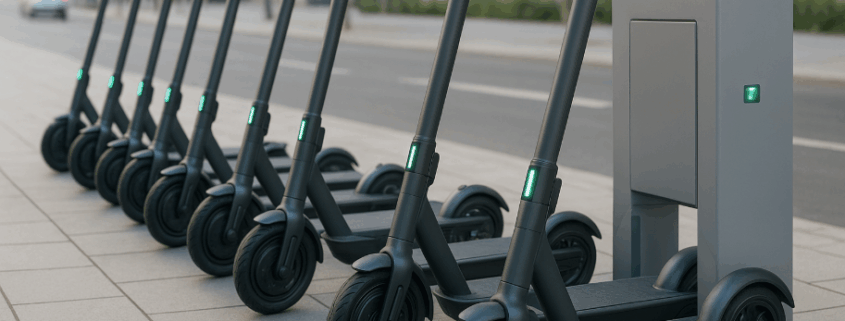
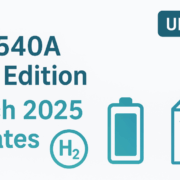
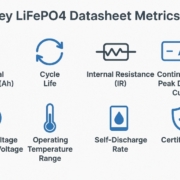
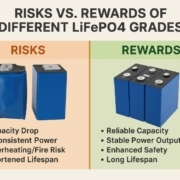
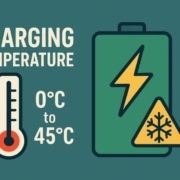
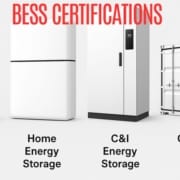
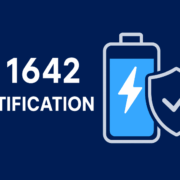
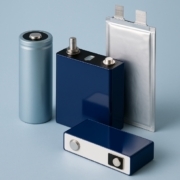
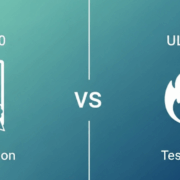


Leave a Reply
Want to join the discussion?Feel free to contribute!